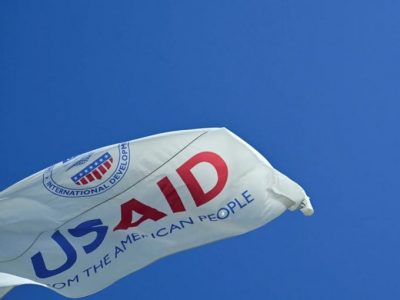Cabinet has adopted resumption of petrol blending at E10 from April 25, 2022, which has reduced the pump price of petrol by US$0,04 per litre. The blending will go up to E20 by end of May 2022, which will lead to a higher reduction in the price of petrol by US$0,07 per litre.
However the government of Zimbabwe has not reviewed its taxing regime which is currently coasting more than 70cents per litre transferring the burden to the client
This was announced at a post-Cabinet meeting in Harare by Information and Publicity minister Monica Mutsvangwa, who said:
“Government has, therefore, increased efforts to improve the strategic fuel reserve, with US$40 million worth of fuel having been procured in the last six months. The intention is to maintain at least a 30-day stock cover, which, at the current consumption levels, translates to 150 million litres. This fuel would be released onto the market to plug supply gaps or to stabilise prices”
The Senator said the move was meant to cushion motorists from the sharp increase in fuel prices caused by the instability caused by Russia’s invasion of Ukraine, resulting in uncertainty in fuel supplies.
Energy and Power Development Minister Zhemu Soda echoed the same sentiment with the Senator saying blending at E10 had reduced the pump prices of petrol by 4US cents per litres while the move to blend E20 would further reduce the price by 7US per litre.
“This blending is done for a variety of reasons and this is something that we are actually achieving. By using a locally produced product we are averting the dependence on foreign currency to import all the fuel requirements that we have for the country.
“Ethanol is cheaper than unleaded petrol which we are procuring from outside the country,” said Minister Soda.
Fuel prices jumped in February on international markets, following Russia’s invasion of Ukraine on 24 February, and effects were also felt in Zimbabwe.
When mandatory blending of fuel with ethanol was introduced in 2011, consumers complained saying it did not last, while others said their vehicle engines were being damaged. It was abandoned on January 7 this year, only to be resumed last month at E10.







Comments